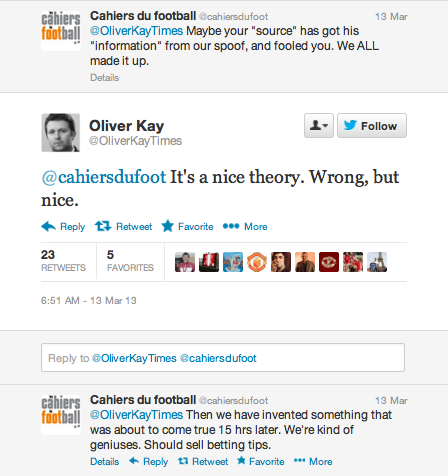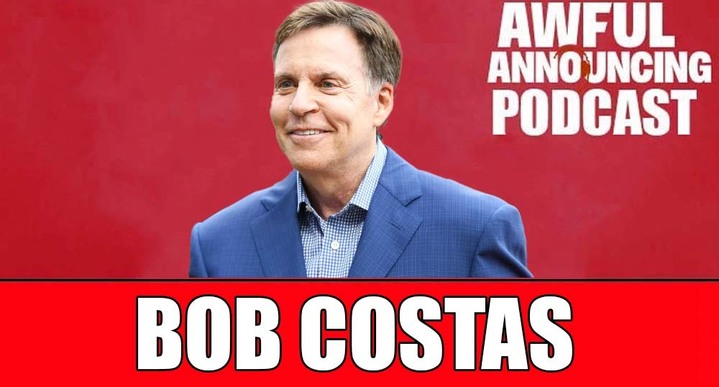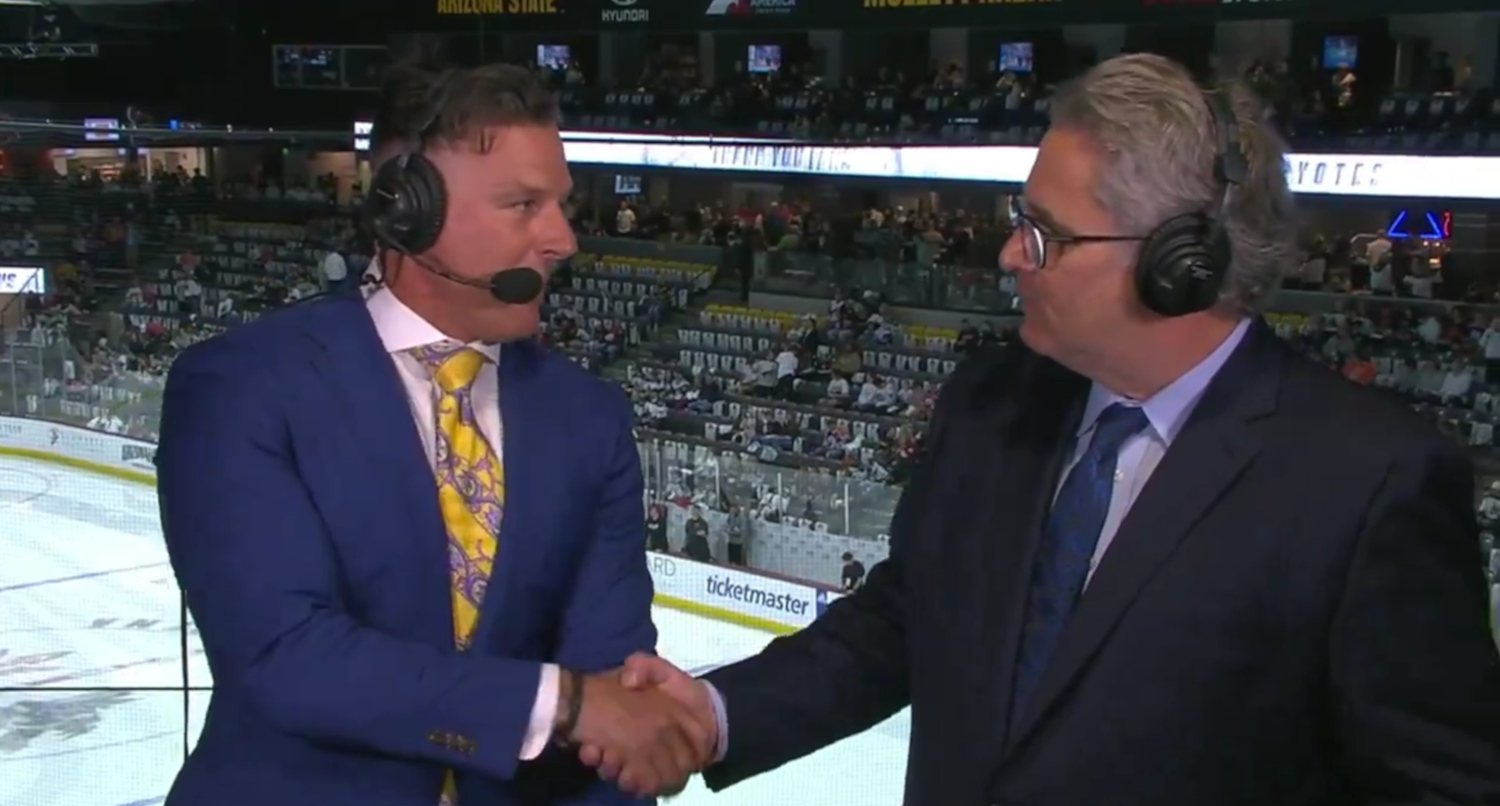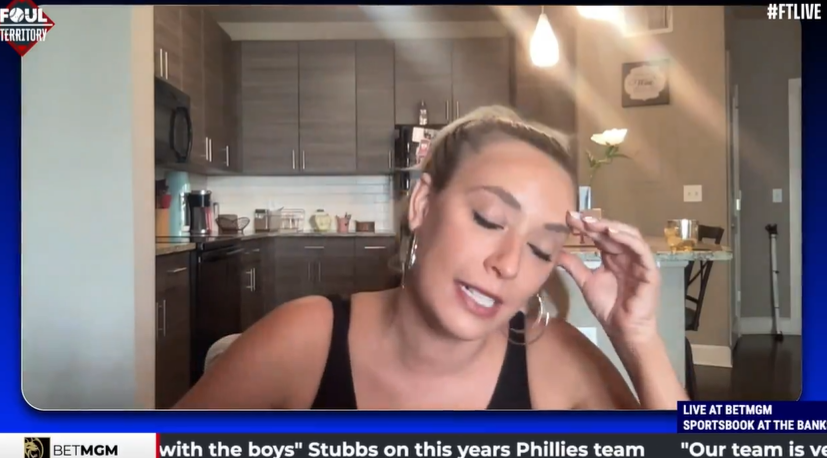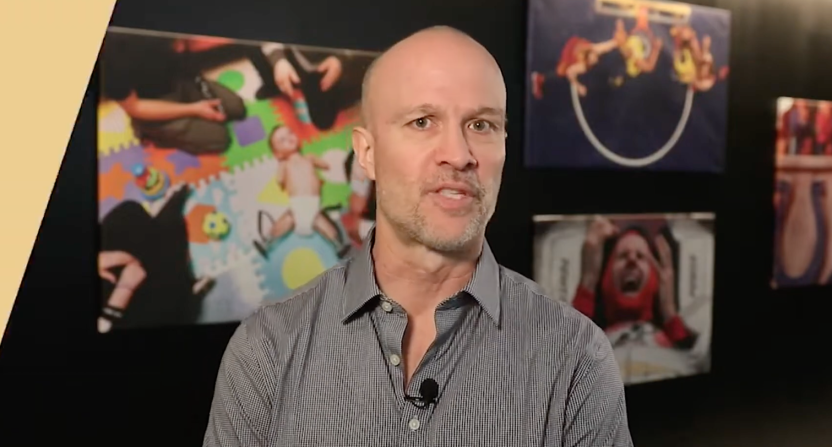
Last week, The UK Times published a fantastical story about a fantasy football league based in Qatar offering huge sums of money to the best teams in the world to take part in a summer tournament in the oil-rich region. Clubs like Manchester United, Chelsea and others would make multiple times what they would by winning the Champions League just by competing in the Qatari tournament. The Times billed the scoop as an exclusive written by Chief Football Correspondent Oliver Kay:
"The world’s leading football clubs are to be offered enormous financial inducements to participate in a 24-team tournament every two years in Qatar and neighbouring Gulf states, The Times has learnt.
Backed by the Qatari royal family, the self-styled “Dream Football League” (DFL) will release plans next month for a new club tournament that it hopes to establish as a rival to the Champions League and the Club World Cup."
The story was met with immediate skepticism as a hoax. In fact, a French satirical website, Les Cahiers du Football claimed Kay's story was taken from their earlier satirical article about the Dream Football League. The website even had a back and forth with Kay on Twitter, who claimed to have a concrete source and one that didn't take his information from a spoof…
The Times and Kay stood by their scoop, at least initially. After an investigation by the paper, it was proven the Dream Football League was just that – a dream.
The Times posted an explanation/retraction/correction on their website today, but it's behind a paywall. Thankfully, EPL Talk has the full text of the Times' story. It begins with Kay's relationship with a murky source connected to Qatari ownership at Paris Saint-Germain who provided Kay with information. From there, Kay contacted individuals at the biggest clubs in Europe and once the story wasn't completely dismissed, the Times jumped to publication…
"It is not unusual for football journalists to have a contact whose past looks murky under close scrutiny. Some turn out to be useful sources of information, some to be not quite what they seem. Even then, it does not always mean that they are wrong. This means that every story needs checking. Much was plausible about the suggestions that Qatar was planning a new tournament. The Gulf state has become a serious player on the world scene over the past decade and is keen to continue developing its role in football. Plans to gather the game’s top teams in the Middle East have been mooted before. If any nation has the resources to pull off this sort of competition, it is Qatar.
Kay began to call some of Europe’s biggest clubs. The answers were off the record and fell into two categories. Some made it clear that they had no knowledge of the concept. The others said, yes, they had heard talk about such an idea, yes, £175 million was about the figure mentioned but, no, they did not think it was going to happen and could not see themselves being involved.
These secondary sources treated the questions seriously. And here is where The Times made a massive mistake. Because so many significant people in football did not laugh off the idea, it seemed that the story could be genuine.
The warning signs – that no one had heard specific details of the DFL or seen its plans – were missed. In principle, the idea was possible. There were plenty to attest to that.
In reality, the story appears to have been invented and had just enough plausibility to be seductive."
Who knew the Dream Football League had so much in common with Lennay Kekua, who also had just enough plausibility to be seductive. The Times deserves credit for standing up and admitting they were duped, something we haven't quite seen from American publications in similar situations. The editorial continued by saying the Times would incorporate an "extra level of scepticism" into their reporting…
"Over the three days that followed the publication of the story, it appeared increasingly clear that Kay and the paper had been duped. And that the checks from the office in London had not been stringent enough in the rush to publication.
This is an unusual situation. Normally, when a story is disputed, lawyers become involved. Individuals and organisations demand retractions and writs are issued. Here, it did not happen. It would have been possible to ride out the storm, tell the world that time would vindicate the newspaper and allow memories of the furore to fade away.
But that is not how The Times does things. We value our reputation. There will be changes now to the way we operate, and an extra level of scepticism will be incorporated into our working practices. But one thing will not change.
If we get it wrong, we will hold our hands up and admit it."
In this day and age with satirical websites, message boards, mysterious sources, and rumors everywhere, it's a wonder this doesn't happen more often. Sometimes these unbelievable stories are thankfully shot down immediately before they can gain a foothold (see: Les Miles) and other times they gain national or international traction (see: Lennay Kekua, Dream Football League). Hopefully The Times learns their lesson on this one and the entire industry is a bit more guarded and skeptical the next time they encounter a story that's probably too fantastical to be true. It's fantasy though to think this is the last time we'll see a major outlet duped.
[EPL Talk]

